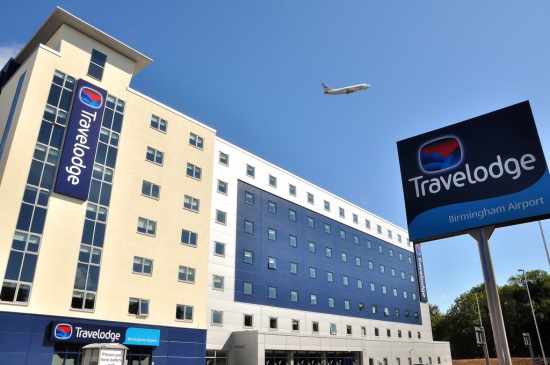As everyone knows, it has been a bit of a tough summer in Britain for many businesses. Between the poor weather causing retail results to slump and the recession essentially putting a blanket ban on luxury spending, it is no wonder that small and medium sized enterprises are struggling. However, it is not only small independent companies feeling the financial strain – even well-known chains are being forced to cut back and sell assets in order to make ends meet.

Hotel chain Travelodge has attempted to climb out from under a mountain of debt by offloading a large number of its commercial properties across the country. In a process known as a Company Voluntary Arrangement (CVA), the budget hotelier managed to drop leases on 49 of its sites nationwide, thereby slashing its loans in half.
As many of the sites were proving unprofitable for the company, it made financial sense for the heavily indebted Travelodge to simply cut its losses and cancel tenancy on the sites, despite the fact that losing such a great number of properties would heavily dilute their market presence.
A large percentage of the properties are owned by Prestbury, an investment vehicle owned by millionaire Nick Leslau, who Travelodge claim fully supported the company in their decision.
In fact, the majority of creditors and landlords involved in the move fully supported the hotel chain, which is lucky as more than 75 per cent of creditors had to vote in favour of the CVA in order for it to be passed. Additionally, over 50 per cent of unconnected creditors had to approve of the new deal in order for the debts accrued by Travelodge to be written off.
It seems that the majority of involved parties have faith that the company’s move will allow for a more profitable future, as 97 per cent of all creditors and 96 per cent of landlords voted in favour of the CVA.
Auditors KPMG were the professional services company monitoring the CVA move by Travelodge, and feel that the process proved incredibly successful.
Head of restructuring at KPMG, Richard Fleming, said; “The ‘yes’ vote enables Travelodge to tackle the underlying problem of its unsustainable lease burden, which was weighing down the business.
“The approval of the CVA also means that £709 million of debt will be written off and new equity of £75 million provided by the lenders.”
As the company now have a little breathing room when it comes to their debt, it has been decided that £55 million of the new equity will be put towards a refurbishment programme, which will hopefully attract new custom to the hotels. 175 of the company’s commercial properties will benefit from this programme.
Yet most importantly, the CVA approval means that the Travelodge chain will not be the latest British business forced into administration – something which would not only see the creditors lose out on a significant sum of money, but would also have a negative impact on the struggling British economy as a whole.
Partner at KPMG, Brian Green, said; “We are pleased that landlords have recognised that the CVA will deliver a better return to them and estimate that creditors will receive a return of 23.4 pence in the pound, versus the 0.2 pence in the pound they would have received if the business had been forced into administration.”
Do you think that, with this new lease of life, Travelodge will be able to successfully turn their fortunes around and make the business more profitable whilst being able to pay off their remaining debts? Or do you believe that only a complete company restructuring will enable them to do this, given that the current business model put them this far into debt in the first place?
Previous Post
Waitrose Continues its Expansion with New Store in Alton